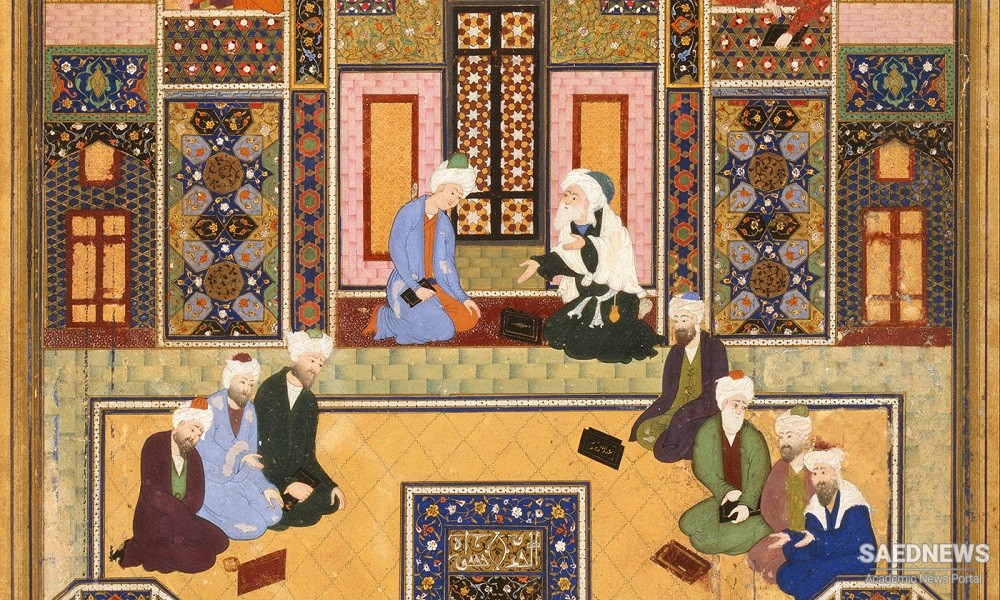Wisdom (ḥikmat), we believe, applies to two things: first, to complete knowledge (dānish-i tamām), and complete knowledge in conception (taṣawwur) is in recognizing a thing by its quiddity (māhiyyat) and by its definition, and in judgment (taṣdīq), is in certain (yaqīnī) judgment of the complete causes of things in the manner in which they are causes; and, second, to perfect (muḥkam) action. Perfection in action consists in whatsoever is the divine decree (farīḍat) for it to be, and it is whatsoever observes the divine decree to it, inasmuch as [its embodiment] in its matter it may allow, and it is whatsoever is ornament and addition to it, even if not decreed, to be.
Necessary Existence knows all things that are, and knows them in their complete causes, because It does not know things by means of other things, but It knows them from Itself, since all things are from It, and the cause of all things is from It. Hence, in this sense, It is wise, and Its wisdom is the same as Its knowledge (ʿilm). Necessary Existence is that from which is the being of all things, and which has given the divine decree of being to all things, and to that which is outside of the divine decree. We shall write a book on this matter, if time permits. This idea is expressed in several passages in the Qurʾān: ‘Our Lord is He Who gave unto everything its nature, then guided it aright’ [Qurʾān 20:50], and also, ‘Who measureth, then guideth’ [Qurʾān 87:3], and also, ‘Who created me, and He doth guide me’ [Qurʾān 26:78]. The wise have called the creation of the divine decree the first perfection, and the creation of abundance the second perfection. Hence, Necessary Existence is Absolute Wisdom.
Benefit and gain come from one thing to another in two ways: first, by commerce and, second, by generosity. Commerce takes place when one thing is given and another is taken, and what is taken is not always concrete, since it can be a good name or joy or a prayer—in sum, anything for which we have a desire. Whatever is in that way equivalent compensation is, in reality, commerce, although the vulgar people call commerce and recognize as commerce [exchange of] goods for goods, and reputation and gratitude are not given as equivalent compensation. However, a prudent person knows that whatever is his desire is a gain. However, generosity is that which is not aimed at equivalent compensation or recompense, and is not an exchange of actions. It is that which proceeds from a will for a good thing without a desire for it. The act of Necessary Existence is thus. Hence, Its acts are Absolute Generosity.


 The Will of Necessary Existence
The Will of Necessary Existence














































